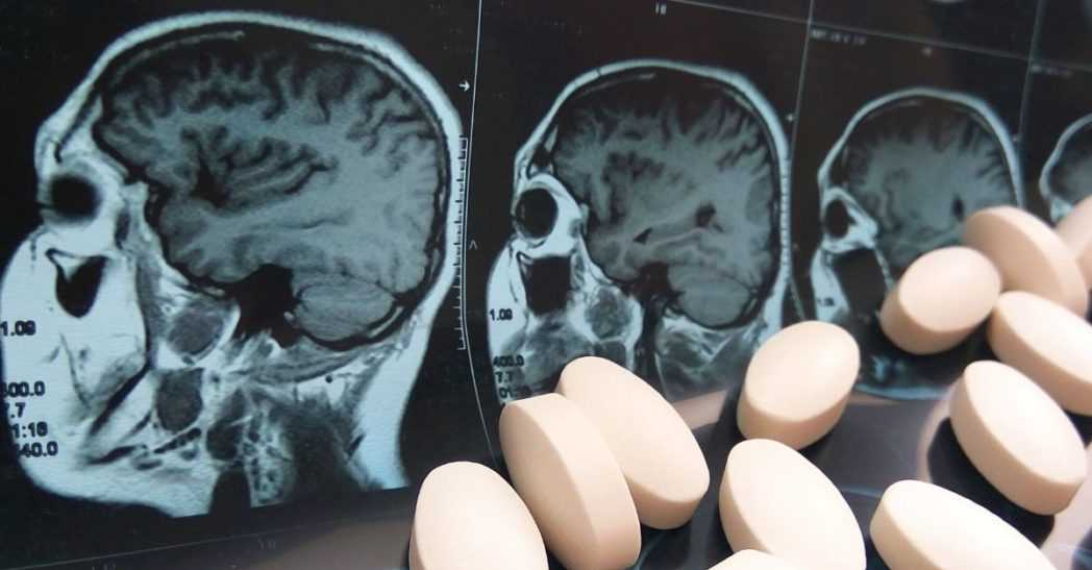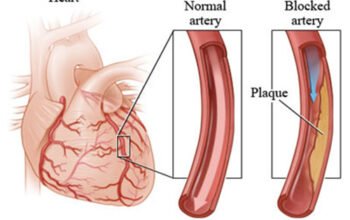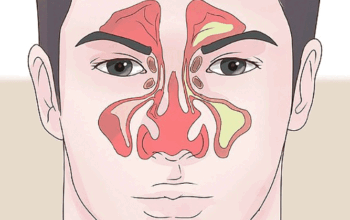What Are Statins and Their Impact on Mood and Behavior?
Statins are widely prescribed cholesterol-lowering medications that have revolutionized cardiovascular disease prevention. While these drugs have saved countless lives by reducing heart attack and stroke risks, emerging research suggests they may have unexpected psychological side effects that patients and healthcare providers should carefully consider.
Understanding Statins: More Than Just Cholesterol Management
Statins work by blocking an enzyme in the liver responsible for producing cholesterol, effectively reducing LDL (low-density lipoprotein) cholesterol levels. Beyond their primary function, these medications also offer anti-inflammatory benefits and help stabilize arterial plaques. However, their impact extends beyond cardiovascular health, potentially influencing neurological and psychological processes.
The Complex Relationship Between Statins and Mood
Research increasingly indicates that statins can significantly affect mood and behavior. Dr. Beatrice Golomb’s groundbreaking studies have revealed fascinating insights into these unexpected side effects:
- Approximately 30% of statin users report mood changes
- Nearly two-thirds experience increased anxiety or irritability
- Some individuals report more severe behavioral alterations
Mechanisms Behind Mood Alterations
Several scientific hypotheses explain how statins might influence mood:
- Serotonin Dysregulation: Low cholesterol levels can disrupt serotonin production, potentially leading to mood disorders
- Oxidative Stress: Statins may impact cellular energy production and neurological functioning
- Neurological Interactions: Cholesterol plays a crucial role in brain cell membrane structure and neurotransmitter function
Real-World Psychological Impacts
While not everyone experiences significant side effects, some individuals report profound psychological changes, including:
- Increased irritability
- Heightened anxiety
- Depressive symptoms
- Occasional reports of aggressive behavior
Case Study: Personal Experience
One patient, John D., described his experience: “After starting statin therapy, I noticed I was more short-tempered and anxious. Simple things would trigger intense emotional responses, which was completely unlike my usual calm demeanor.”
Managing Potential Side Effects
If you’re experiencing mood changes while on statin therapy, consider these strategies:
- Consult your healthcare provider immediately
- Discuss potential dosage adjustments
- Explore alternative cholesterol management approaches
- Consider comprehensive lifestyle modifications
Important Considerations
It’s crucial to recognize that while these side effects exist, statins remain a vital medication for many individuals with high cardiovascular risk. The key is personalized medical management and open communication with healthcare professionals.
Conclusion
Statins represent a remarkable medical advancement in preventing heart disease. However, their potential psychological side effects warrant careful consideration. Patients should work closely with their healthcare providers to balance cardiovascular benefits with overall mental well-being.
By staying informed, maintaining open dialogue with medical professionals, and monitoring personal health holistically, individuals can make empowered decisions about their cholesterol management and psychological health.






